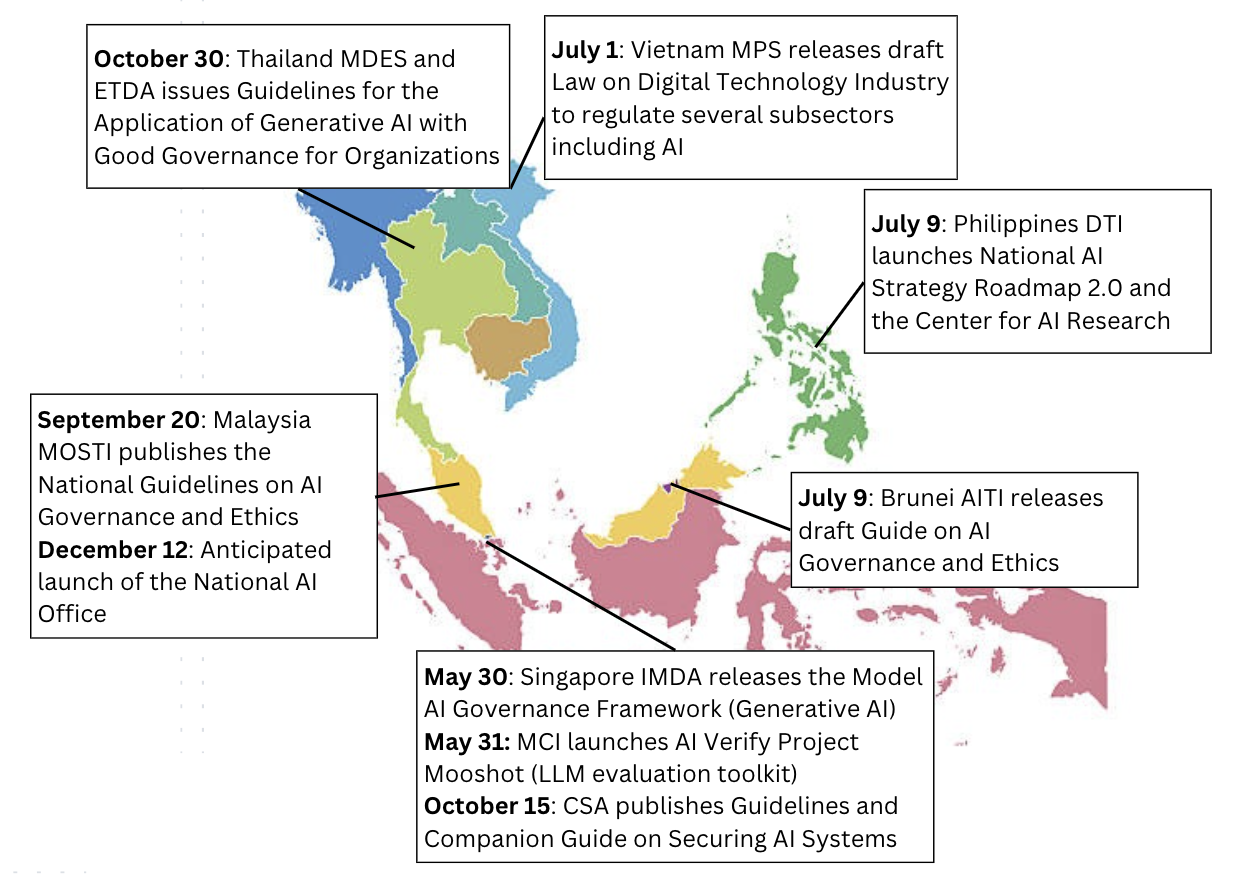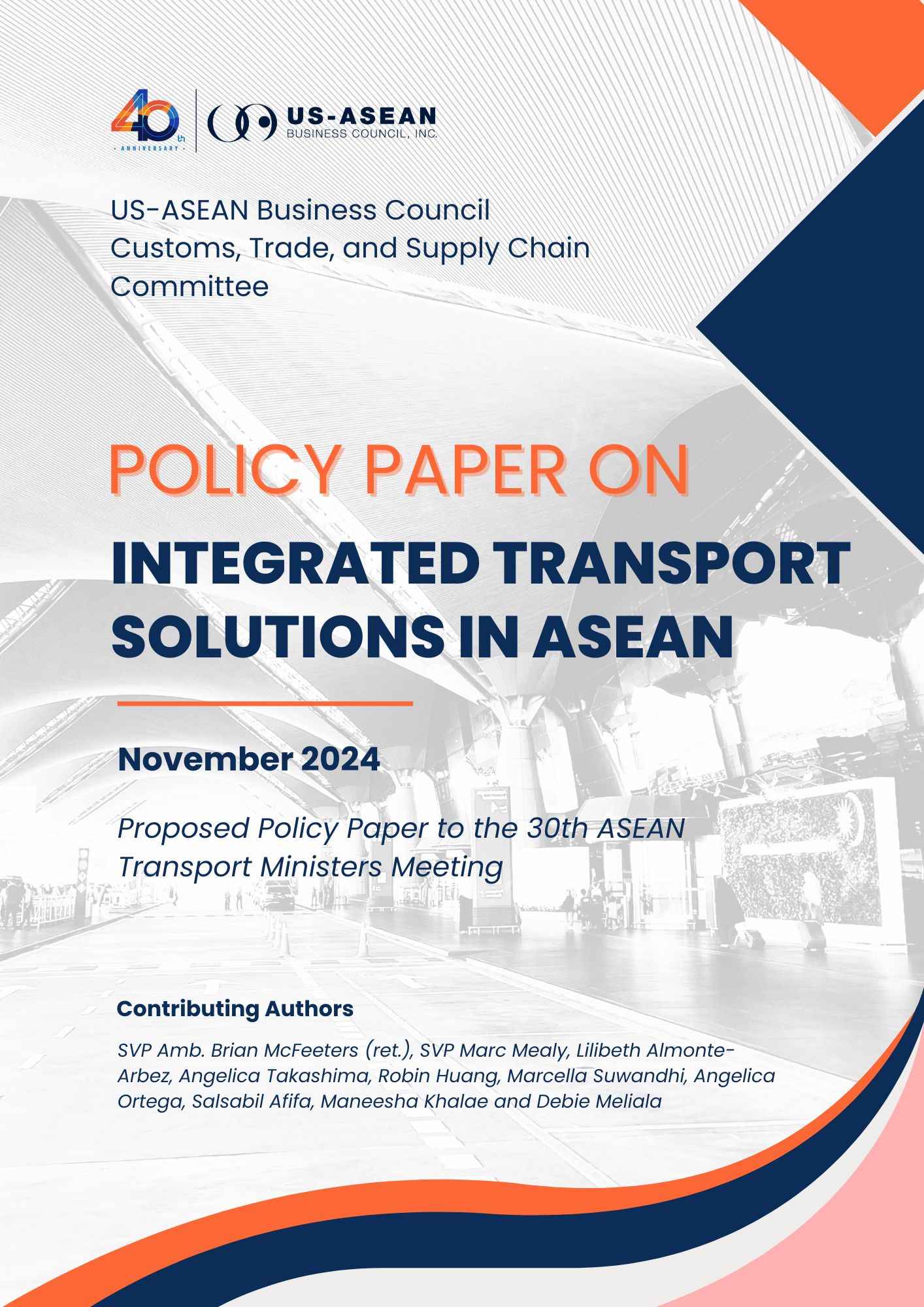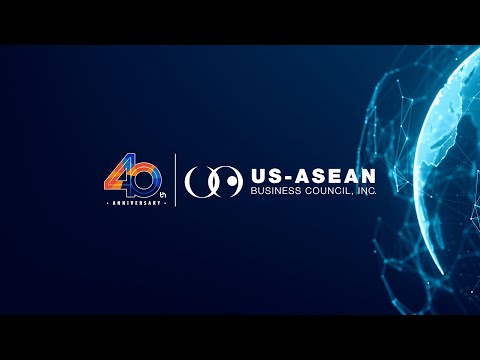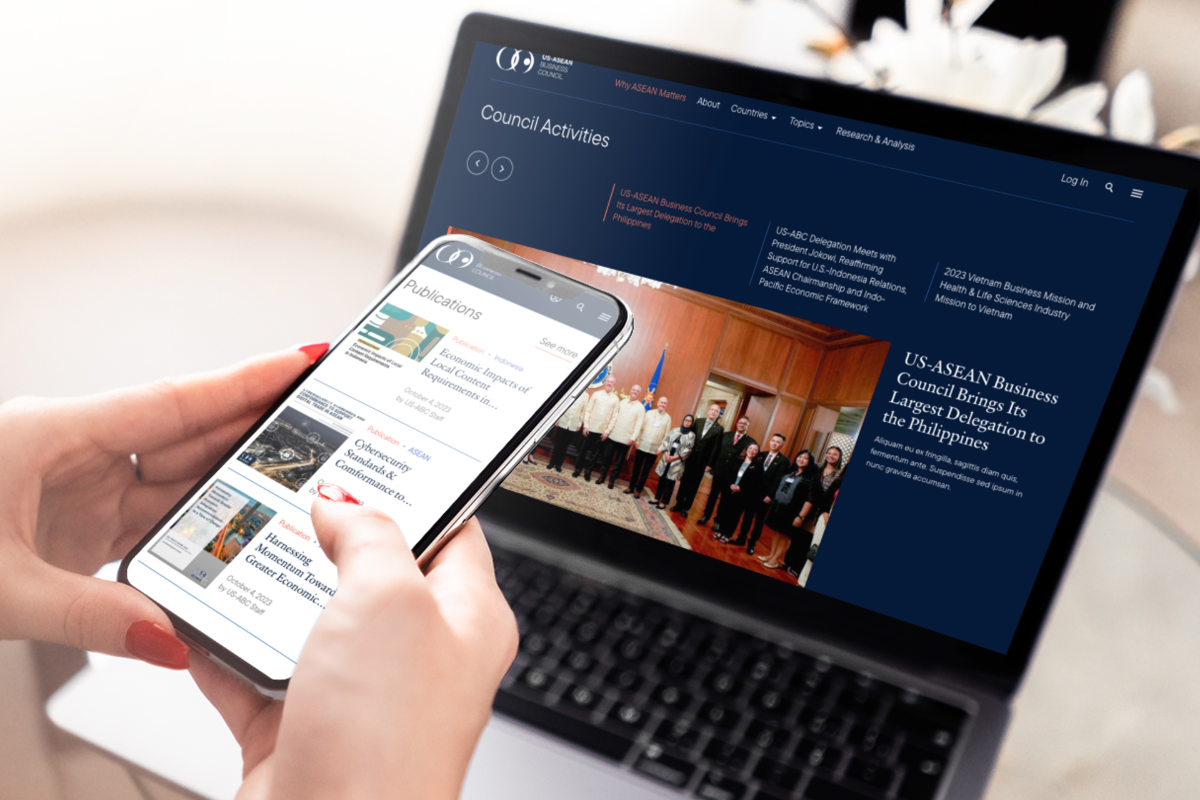Advancing Regional Collaboratin on Artificial Intelligence

The pace of formulating artificial intelligence (AI) governance guidelines, principles, and frameworks continues to progress at a steady rate throughout Southeast Asia. During the 44th and 45th ASEAN Summits in October, ASEAN Leaders highlighted crucial efforts to strengthen the bloc as a competitive stakeholder in the global AI landscape, underscored by the ASEAN Digital Ministers’ endorsement of the ASEAN Guide on AI Governance and Ethics, ASEAN COSTI Tracks on AI (Act on AI) 2024-2025, ongoing ASEAN Digital Economy Framework Agreement (DEFA) negotiations, and the recent establishment of the ASEAN AI Working Group (WG-AI). Updates are also expected for the draft Expanded ASEAN Guide on AI Governance and Ethics for Generative AI in 2025. While many Southeast Asian countries have continued to adopt a light-touch, voluntary approach to AI governance, uneven AI adoption and readiness remain major barriers. The growing number of AI initiatives under ASEAN and various bilateral tracks offer windows of opportunity to bridge the digital divide and unlock AI’s US$1 trillion potential in the region.
In parallel with regional developments, Malaysia and Brunei have also made strides in advancing the use of responsible AI locally – in line with the ASEAN-level guidance. Unsurprisingly, countries are also closely monitoring the impact of global developments, including the EU AI Act, U.S. President Biden's AI executive order, and emerging conversations about sovereign AI. They are likely to continue influencing debates on how to appropriately scope AI policy in the region.

AI has become a growing area of ASEAN-U.S. cooperation, emphasized by the recent adoption of the ASEAN-U.S. Leaders’ Statement on Promoting Safe, Secure, and Trustworthy Artificial Intelligence during the 12th ASEAN-U.S. Summit to support capacity building, knowledge sharing, and voluntary technology transfer to advance policy interoperability and responsible AI development and deployment. While U.S. President-elect Donald Trump is expected to repeal President Joe Biden’s executive order on AI, he has yet to articulate his administration’s AI policy agenda. Efforts to advance U.S. leadership in AI will likely continue, particularly through the lens of national security and U.S.-China tech competition.
As governments try to thread the needle between leveraging the benefits of AI while mitigating potential risks, platforms like the ASEAN AI Working Group provide promising windows of opportunity to minimize policy fragmentation and align regional and national priorities with international best practices. Looking towards 2025, the ASEAN Digital Senior Officials have finalized the ASEAN Responsible AI Roadmap (RAIR) under the ASEAN-U.S. 2024 Digital Work Plan. This roadmap aims to support the implementation of the ASEAN AI Guide for policymakers and regulators. ASEAN is also expanding the ASEAN AI Guide to address unique risks posed by generative AI, which is targeted to be endorsed along with the ASEAN RAIR at the 5th ASEAN Digital Ministers’ Meeting in January 2025. To support these objectives and related workstreams, the US-ASEAN Business Council will conduct a series of capacity-building workshops at the sidelines of the ASEAN AI Working Group’s 2025 meetings, highlighting industry expertise on high-impact AI enablers and use cases.












